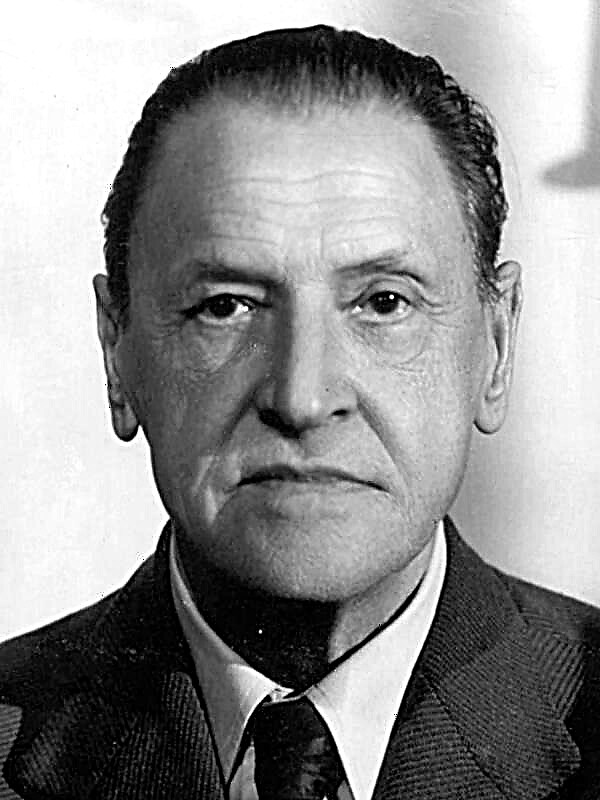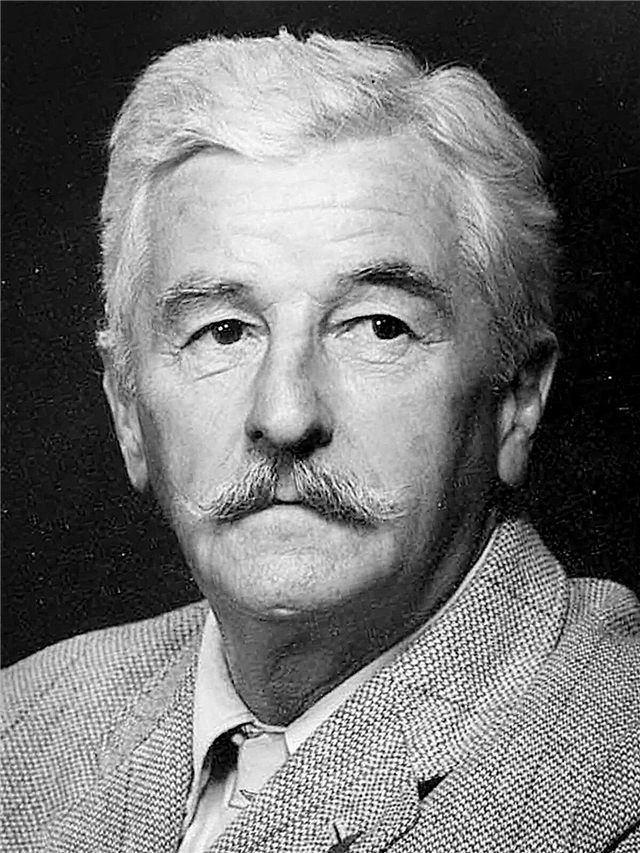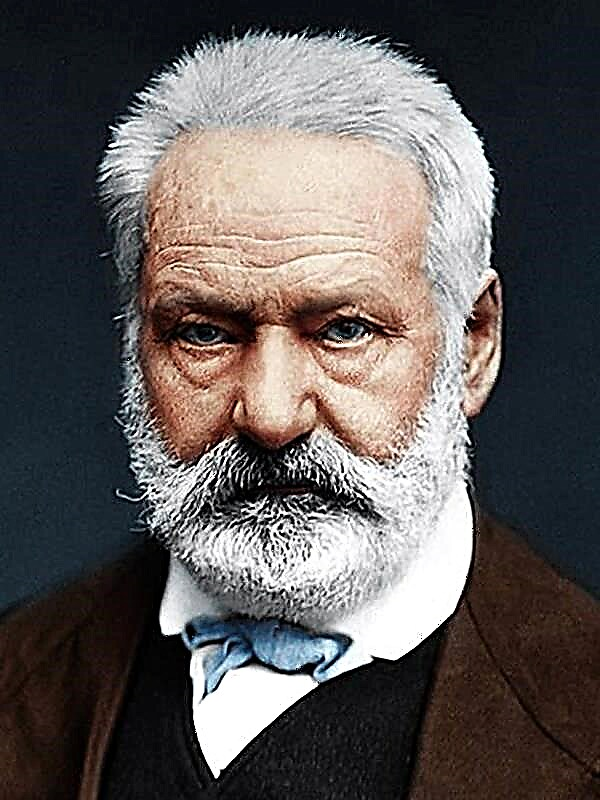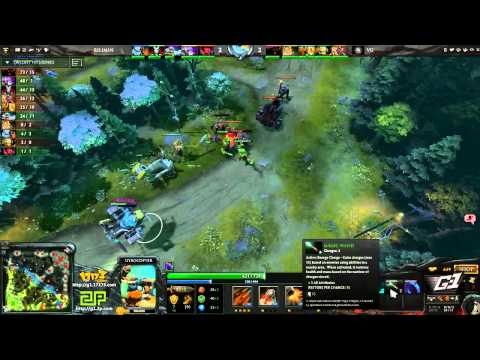Your dreams and desires are the first step to success.
Each of us would like to change something in our life or learn something new. But often our plans and dreams are not fulfilled - we simply do not know how to change this.
Changing your behavior requires work. The process of change does not mean getting rid of addictions, but acquiring new, positive habits. The brain is programmed to strive to do the same thing - again and again. If you do something for enough time, your brain forms a pathway, and from that time on, the habit remains with you forever. The habit is very strong, because the brain sends and receives the same impulse, performing a similar sequence of actions every time we want it or not.
It is necessary to realize the truth: whatever people do harmful or useful, they thus try to satisfy their needs - waiting for reciprocal feelings, recognition at work, desire to forgive mistakes, thirst for love, understanding, care, desire to avoid disapproval or punishment, rest and stress relief, solitude
Any habit, good or bad, is acquired when our brain seeks a means to gain satisfaction.
Man has three brain systems:
- Instinctive.
- Emotional
- Thoughtful.
If the “emotional” part of the brain is responsible for obtaining satisfaction, we don’t think about the consequences - and only then we begin to suffer: overweight, a hangover, regret that someone was offended ... And vice versa, the necessary exercise for the “mental” part of the brain will be a memory of what brings real happiness. It is in this case that we can understand what we really want, in contrast to instant temptation.
Remember: if a change in your life causes fears and difficulties or does not bring pleasant feelings, the part of the brain that is responsible for emotions will always be against such a change! Ask yourself: what in your future new habit can be easy, pleasant and evoking positive emotions? A healthy share of self-criticism, expressed in a humorous form, will help. Remember, our “emotional” brain loves entertainment!
The most difficult state that we face on the threshold of change is the duality of perception. We want change - and at the same time do not. We want to lose weight - and at the same time we are lazy to work on ourselves. This is normal. Are you able to sacrifice a familiar way of life? Judge your success by the things that you had to give up in the name of its achievement.
An attempt to consciously combat a bad habit actually only exacerbates the situation. For example, if a person gives himself the setting: “Don’t think about sweet donuts,” part of his brain tries to perform this installation and at the same time constantly receives signals about what pleasure he will receive if this image materializes. Positive motivation makes the “emotional” brain work for change. The more emotionally attractive the picture of your goal is, the more it will help you achieve it.
We humans think in patterns, not facts. Each of us has “template” thinking, our own experience or a life story that defines our behavior. Without changing the template, it is difficult to achieve any changes.One way to change your mindset and behavioral pattern is to create a new, positive picture of your future. Then the process of necessary changes will go easier, because you will have a vision of what you are striving for.
Getting ready for change
When making a decision to change something in your life, get ready: stop, concentrate on the most important; realize what you have done before this moment and what you are doing now; think about what might help you.
We really want the changes to come. Your desire is what gives you strength to start active actions. You must believe that the goal is achievable, even if you do not yet know how to achieve it. If you limit your choice only to what you consider the most possible or reasonable, then you are depriving yourself of your connection with your real goal.
Motivation for Change: Remember what makes you truly happy. What is your price of no change? Tell yourself the truth about your condition and its consequences.
Take the test "Do I really really want this?" Tell yourself, “I really want this.” And answer the question: “What are you ready to go to?”
You cannot do anything without faith in yourself. It is best to look for it in the successes you have already achieved. Write down four to six of your accomplishments and list your strengths and skills that have helped you succeed. If it is difficult for you to remember your own successes or you are constantly minimizing your abilities, then you need to turn to someone who could help you.
If your “emotional” brain sees what you have already tried to no avail to do before, it will work against your efforts. Therefore, try to realize the fact that you are not really starting all over again, but continuing to learn. You just have not yet found the right way out of the situation.
If you have already attempted earlier, think about what lesson you can learn from the so-called failure - it will help you achieve your goal this time. If you reproach yourself for failures again, do the exercise - tell yourself: “These negative thoughts and feelings have nothing to do with me. They pass. I am more than these feelings and thoughts. I will not respond to them. "
We are writing our story focused on the growth strategy: it is necessary to accurately state facts from the past, including everything that helped you, as well as what did not work, write about what is happening at the moment, including everything that you are learning, in order to in order to achieve positive changes and describe yourself in the future - such a person who achieved his goals.
You cannot become happier just by reading about happiness. Need to do it. We often do not distinguish between reading and thinking about what is read from the next step. It gives a feeling of working on yourself. Talking with family members or friends, telling them about your desires, you also replace actions with words. But we can achieve the desired only through action.
Getting started
Most promises are not kept due to their many. We need to focus on the main thing. Choose one thing, not seven. The pathways of the brain are generated by repetition. Developing a new habit requires maximum focus on it until you become aware each time what you are doing. If you think about many things at once, the brain begins to resist in order to return to an old, familiar habit.
You need to remember: starting with small changes, you can eventually fulfill your plan. Dividing a complex task into small steps allows you to feel the success, which gives strength to move forward and is a good tool against unreasonably postponing things for later.
When it comes to matters of life and death, abrupt changes work better than the theory of "small steps."But if your problem does not belong to the category of issues of life and death, then a little daily work on yourself is more appropriate. You need to find your option.
We often forget our past successes because of the ability of our consciousness to separate one from the other: this was done for one, and this is necessary for the other. We are not even trying to imagine that success in one business may well help solve other problems. Knowing your own formula for success will help you understand what steps should be taken next and what mistakes should be avoided. The best expert is you.
Every day, consciously focus your thoughts on your intention, and not on what you cannot. Another good way to indicate our intentions is to create some kind of ritual that confirms the seriousness of our actions. Every evening, analyze the past day and indicate your intentions for tomorrow.
Set goals with measurable quality and time characteristics. Goals must be specific (learning to play the guitar is a specific goal, but “getting better” is not a goal), measurable, achievable, adequate, and they must have a certain time frame.
Debug the system of tracking your actions - otherwise you risk demotivating yourself with a seeming lack of progress and underestimating the results of your own work (start a diary, make an agreement with yourself). It is impossible to change anything, remaining in the comfort zone where the habit has developed: "I do this all the time."
There are three zones of human existence:
- Comfort.
- Efforts.
- Stress.
Our changes are in the zone of effort. In it, you feel difficulties, but not stress, which makes further learning impossible. Moving into a zone of effort requires some courage and strengthens the character.
Remember - between the impulse, that is, the impulse to action, and the action itself takes only half a second. We really do not have time to realize anything. As soon as this impulse appears, in a moment we begin to do what we always did.
The influence of old habits is very strong, so you will need reminders (for example, stickers on the refrigerator). People and places associated with a bad habit should be avoided. The body produces sustained physical responses to the environment in which it enjoys.
No one knows how life will turn out, so you need not one action plan, but several fallback options. In this case, you can keep moving towards the goal. You will not need to stop, because you will know what to do next. It is worthwhile to think in advance about what might go wrong as you would like.
If we intensively visualize any action, the brain does not distinguish between imaginary and real activity. When visualizing, you need to use vision, hearing and touch. You must very vividly imagine yourself in the situation in which you intend to be. Constantly reproducing a vivid picture of success will be of great benefit to you - provided that your vision is complete and clear.
To change anything in life, one must admit one’s own mistakes. You need to set a goal and always say four magic words: "I can achieve this." And then fulfill the plan.
Successful tactics: do it every day without gaps - and you will succeed. Nobody tells you that you need to quit something forever, but today you must do without it. The next day comes - and everything is repeated anew. Only today. Anyone can resist this. The tactics are soft enough not to cause a harsh reaction of the body to big changes, but at the same time it makes our body work.
The brain assimilates new information only on the condition that it is not dangerous and not harmful to the integrity and sequence of the processes that it is trying to maintain.Therefore, for example, a strict diet is useless, as we are making serious changes to our usual way of life. It is necessary to take into account this eternal confrontation between the need to change and the instinct of self-preservation.
Effective substitute strategies: do hour walks or visit a cafe, go to bed earlier, listen to music for meditation. As soon as stress catches up, immediately deal with yourself.
Thank yourself daily. Gratitude helps us to behave as we wish, and says to the brain: "Do this." So next time you will make exactly the same right choice. So, we need to thank ourselves for the success today, so that it would be easier to repeat it tomorrow.
If we do not recognize our efforts, it is very easy not to notice them at all. Gratitude has magnetic properties. The more you thank yourself for some quality, the more it will develop in you. Why or how this happens is beyond rational understanding, but it is. Focus on the problems - and there may be more. Focus on what you think is right - and you will see more right things around you. Daily celebrate your success.
Continue to act
Internal contradictions may interfere with you, internal fears - these are beliefs that we develop in childhood for the purpose of protection, one of the main patterns. We perceive the environment taking into account the possibility of "self-defense" and are not able to just throw away our fears.
Now, as adults, we are able to choose a different path. We’ll have to come up with small trials that will help prove to that young self that his inner fear is not based on anything and that it’s time to get rid of old beliefs.
You can ask for support from family or friends, invite them to join you, but it is impossible to get them to do the way you want. No need to explain, defend or prove anything. Just say, “Thank you. I will take this into account in the future. ” And when they will offer you to do something the opposite, you just need to answer: "Thank you, I do not want to."
Negative internal dialogue is dangerous for the development of personality, because it establishes strong bonds between our thoughts, feelings and behavior and prevents us from implementing our plans. Learn to challenge your own beliefs, ask yourself: “Is this true? Can I exactly determine this? How do I react to my thoughts about this? ”
Most people break their oaths, while falling into despair and do not want to work on themselves further. This is because people expect perfection. One way around this condition is to realize that the time may come when you break your promise. Do not blame yourself - you just had a breakdown today. Tomorrow everything will be different. You need to cultivate self-forgiveness in yourself and give up self-flagellation, this will make it possible to avoid self-harm.
Questions that prevent me from moving on: “Why can't I do it right? Why did this happen to me? ” To solve the problem of self-focus, we must act as the person we want to be, and not sit still and delve into ourselves. All that is needed is to forget about the question “why” and concentrate on the question “how to do it”.
If circumstances force you to go astray, be sure to assess the current situation, determine how you should act, praise yourself for finding the strength to start all over again, quickly begin to act in accordance with the decision.
What to do if you give up? If you want to break your own word (usually desires appear up to seven times a day and last a few seconds), know that if you don’t give up and can hold on for at least a few seconds, this desire passes. All that is needed is to learn to cope with yourself during this time.
Feeling an irresistible desire, do not ignore and do not satisfy it, but simply watch it. A person has a tendency to return to old habits. Especially careful should be in states of hunger, anger, loneliness and fatigue.
Ask for help from the “invisible helpers.” Think of the tremendous energy in you that you always receive from God and His messengers. Prayers for help work, and how this happens remains a mystery to everyone living on Earth.
You have acquired a new habit - it is forever. Mark your success so that your brain "records" it properly. Stopping and asking myself: “How did I do this?”, “What helped me the most?”, “What didn’t work?” - You will receive valuable information on how to achieve everything, whatever you wish.
Tips To Keep Your Promises
Make yourself a firm promise. Turn it into a commitment that is not subject to revision or cancellation under any circumstances. You do not discuss toothbrushing with yourself. You just clean them regularly.
Make your promise fulfilled. To succeed, you need to know exactly the sequence of your actions.
Look for specific solutions instead of the usual excuses. What is your usual list of excuses and excuses? Write down excuses and excuses on paper - this will help you learn how to deal with them in advance.
Do not forget to schedule your diary and take it as seriously as working with clients so as not to switch to what you like much more.
Perform scheduled work daily. The Dalai Lama answered the question about the secret of his health in one word: "Habit." The more you make your desires a part of everyday life, the faster they turn into a habit that you do not have to constantly think about.
Track and control your behavior. If you control your behavior by taking regular notes, you increase the likelihood of positive changes.
Focus on the horizon. Evaluate what you have already done, not how much you have left to do.
Make only one choice. When we think about these or those changes in our lives, they may seem to us too complicated. But in fact, our whole life consists of a selection process. Every minute. Try to consciously approach what you choose.
Think of people who do what you want to learn, and “copy” their actions with regard to behavior change. Nothing better than role models has not yet been invented.
Teach others. Becoming someone's mentor is a great way to consolidate your own new habits.
Be indulgent to yourself. You can forget everything you have ever known. Therefore, the only thing that matters is the ability to put one’s own thoughts in order.
Going to fulfill a promise made to ourselves on New Year's Eve, to change a habit or to achieve some goal, we begin a great thing - conscious self-creation. We can choose the life we want to live. We can bring what we have started to its logical conclusion.












